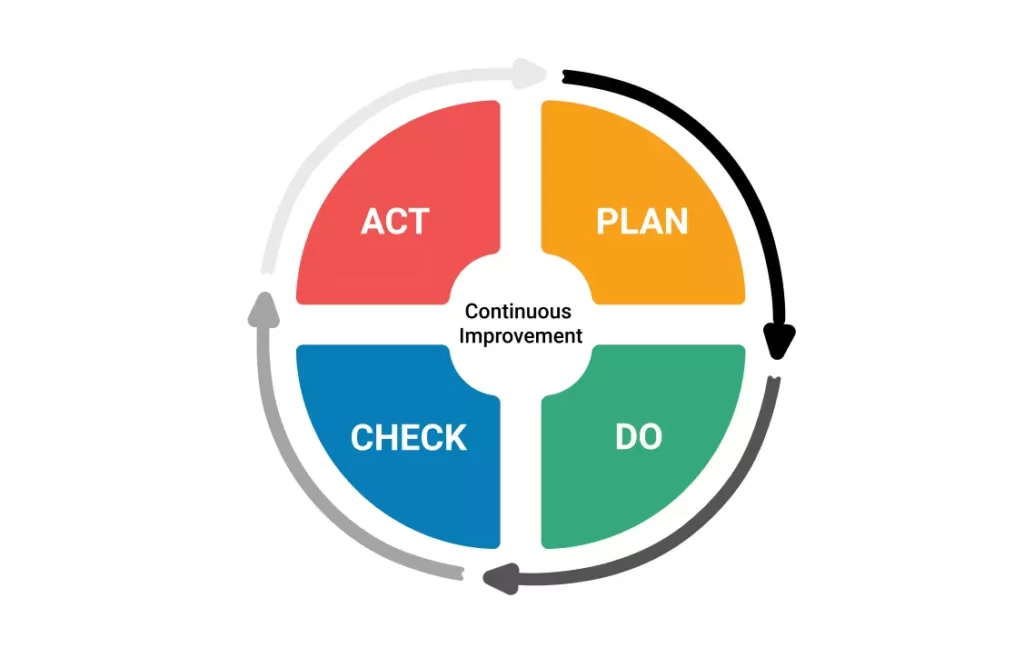What Is an ISO Audit?
In today’s world, businesses are facing a range of challenges related to quality control, efficiency, and compliance. Organizations need to ensure that they are meeting legal requirements, minimizing risks, and adhering to best practices to maintain a competitive edge. One tool that businesses can use to achieve these goals is an ISO audit. In this article, we will explore what an ISO audit is, how it works, and why it is important for businesses.

ISO stands for the International Organization for Standardization, which is an independent, non-governmental international organization that develops and publishes standards for a wide range of industries. ISO audits are conducted by independent auditors to assess an organization’s compliance with ISO standards.
What is an ISO Audit?
An ISO audit is a systematic and objective examination of an organization’s policies, procedures, and processes to ensure compliance with ISO standards. The purpose of an ISO-audit is to identify areas of improvement and potential risks, and to help organizations achieve their quality, efficiency, and compliance goals.
There are two main types of ISO audits: internal audits and external audits. An internal audit is conducted by employees within the organization, while an external audit is conducted by an independent, third-party auditor. External audits are typically required to achieve ISO certification.
ISO audits are conducted based on a set of standards developed by ISO. These standards outline best practices for various areas of business, including quality management, environmental management, energy management, and social responsibility. Organizations can choose which ISO standard to focus on based on their specific needs and goals.
How Does an ISO Audit Work?
ISO audits are conducted in several stages. The first stage is the planning stage, where the auditor and the organization agree on the scope of the audit, the timeframe, and the objectives. The auditor also reviews the organization’s documentation, policies, and procedures.
The second stage is the on-site audit, where the auditor visits the organization and examines its processes and practices. The auditor may conduct interviews with employees, review documents and records, and observe operations. The auditor then prepares a report that identifies any non-compliances or areas for improvement.
The final stage is the follow-up stage, where the organization takes action to address any non-compliances or areas for improvement identified in the audit. The auditor may conduct a follow-up audit to ensure that the organization has implemented the necessary changes.
Why Is an ISO Audit Important?
An ISO audit is important for several reasons. First, it helps organizations ensure that they are meeting legal requirements and adhering to best practices. ISO standards are recognized internationally, and compliance with these standards can help organizations demonstrate their commitment to quality, efficiency, and compliance.
Second, an ISO-audit can help organizations identify areas for improvement and potential risks. By conducting a thorough examination of an organization’s processes and practices, an ISO-audit can help organizations identify inefficiencies, reduce waste, and minimize risks.
Third, an ISO audit can help organizations improve their reputation and competitiveness. ISO certification is recognized globally and can provide a competitive edge by demonstrating an organization’s commitment to quality and compliance.
Finally, an ISO audit can help organizations reduce costs (1). By identifying inefficiencies and waste, organizations can implement changes to improve their processes and reduce costs.
Conclusion
In conclusion, an ISO audit is a valuable tool that can help organizations achieve their quality, efficiency, and compliance goals. ISO-audits provide a systematic and objective examination of an organization’s processes and practices, and help organizations identify areas for improvement and potential risks. ISO certification is recognized globally and can provide a competitive edge by demonstrating an organization’s commitment to quality and compliance.


